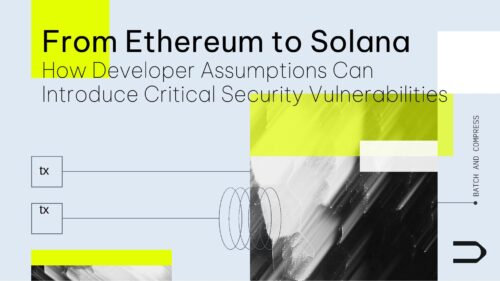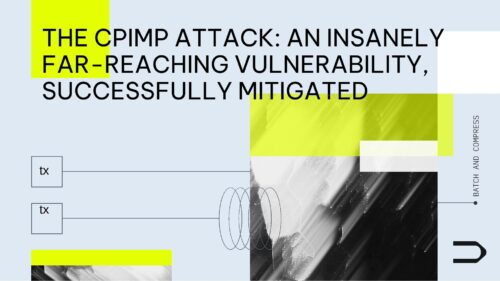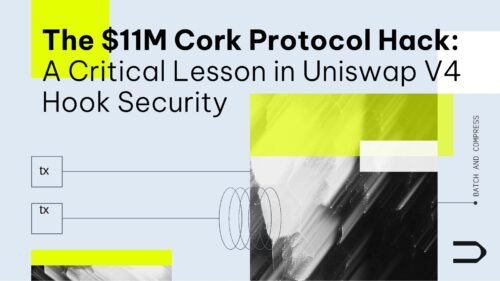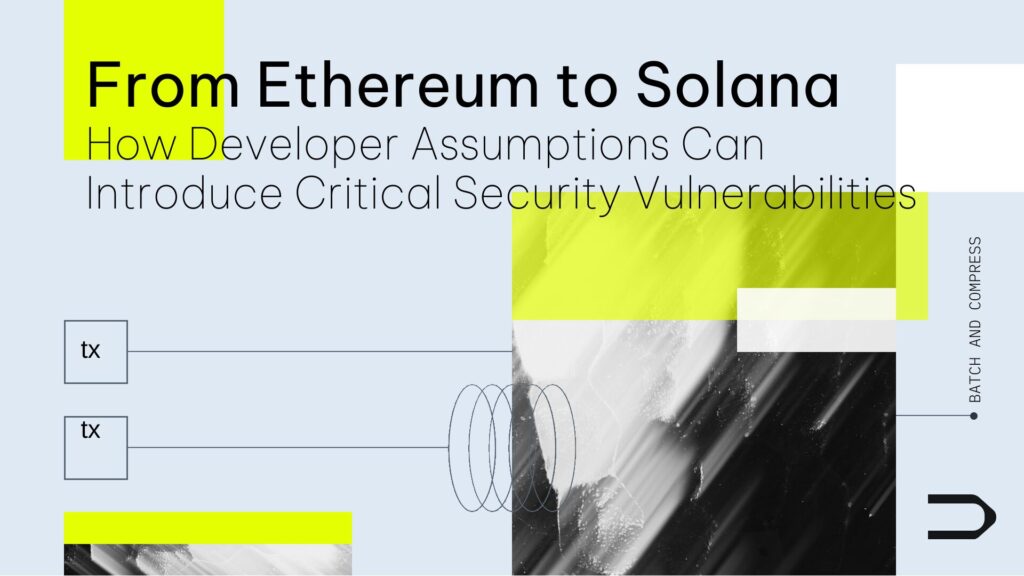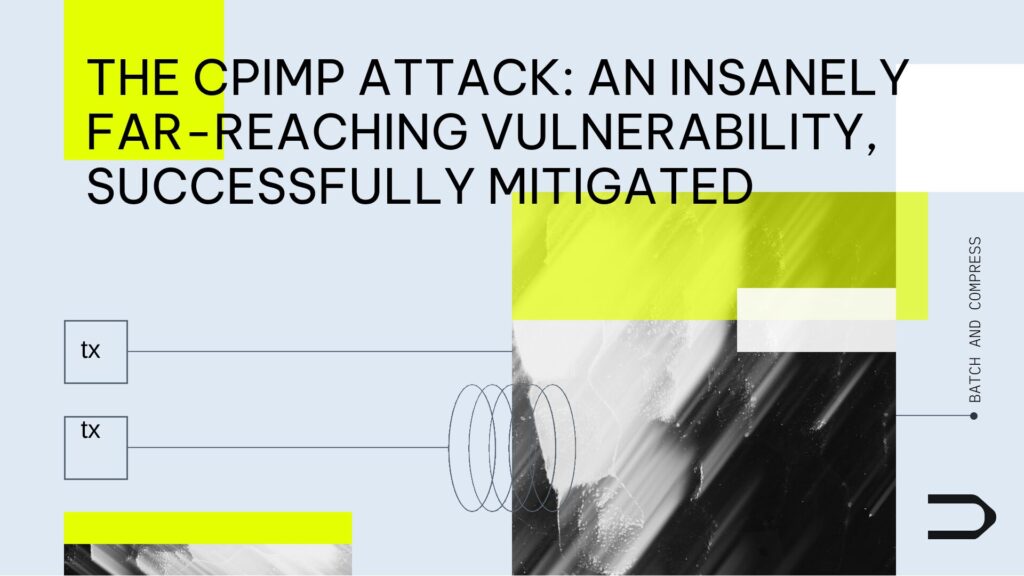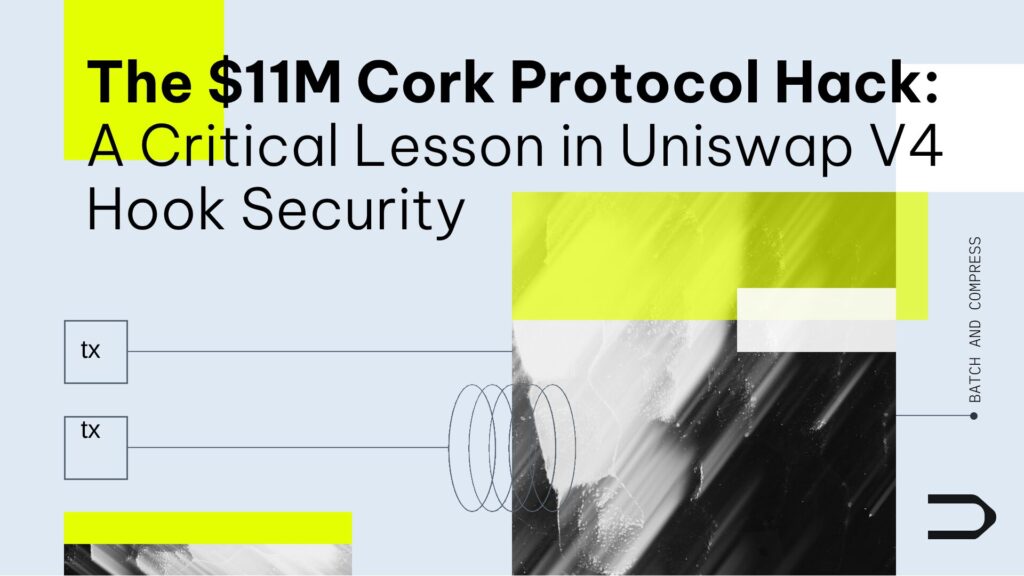Bedrock vulnerability disclosure and actions

A few hours ago, the Dedaub team discovered a smart contract vulnerability in a number of uniBTC vault smart contracts in the Bedrock project. We disclosed the issue to the Bedrock account on Twitter and soon thereafter (after no response in 20 mins) to SEAL 911 for immediate investigation and action.
A SEAL 911 war room, under the guidance of @pcaversaccio, was created and we frantically tried for two hours to reach Bedrock developers. At that time, blackhats exploited the vulnerability for a $1.8m loss. However, given that this was an infinite-mint vulnerability on the uniBTC token, it is perhaps fair to assess that the damage was contained. Most of the potential losses were averted by pausing third party protocols exposed to the at-risk funds, including [Pendle](https://www.pendle.finance/ ) and [Corn](https://usecorn.com/ ). Notably, Pendle had over $30M of liquidity on the Corn network for the vulnerable asset. On Ethereum, the market cap of uniBTC was $75M, which an infinite mint renders worthless, and the asset was deployed in (at least) 8 networks.
Root Cause
The root cause of this vulnerability is a mismatched calculation of the exchange rate between Ethereum and Bitcoin, in one path of the minting logic. In turn, this allows anyone who deposits Ethereum to the vulnerable smart contract vault to mint uniBTC in equal amounts. (Up until the vulnerability, uniBTC could exit to Wrapped Bitcoin at 1-1 rates.) Since the price of Ethereum is many times lower than the price of BTC, this creates an instant profit for any attacker exploiting any of these vaults. The vulnerable vault contract was a permissioned minter for uniBTC, so infinite amounts could be minted. The only adjustment made during this minting function is appropriate scaling in the number decimals of the assets.
In order to appreciate the gravity of this issue, we can illustrate this directly on the following code, straight from the vulnerable uniBTC vault smart contract (the implementation behind the proxy for the Vault):
function mint() external payable {
require(!paused[NATIVE_BTC], "SYS002");
// Dedaub: adjust decimals and mint equal amount
_mint(msg.sender, msg.value);
}
Once the issue is exploited, the next step of a potential attacker would be to make use of this ill-gotten token on a number of other DeFi protocols, such as decentralized exchanges like Uniswap.
Reporting the issue to Bedrock and exploitation
As soon as our team had the issue, we contacted Bedrock on Twitter and entered a war room on SEAL 911.
Initial X.com exchange (time in UTC+2).
Unfortunately, even though we found the issue in the smart contract several hours before, by the time the team responded, the vulnerability had been exploited. The vulnerability could be discovered via shallow means (e.g., fuzzing bots) and the smart contract had only been deployed for under two days.
Timeline prior to exploit:
UTC 16:00 - issue discovered by Dedaub team and confirmed through simulation
UTC 16:27 - issue reported to Bedrock team
UTC 16:41 - war room on seal created on telegram
UTC 18:28 - First exploit transaction on Ethereum
The exploiter(s) subsequently minted large amounts of uniBTC and swapped them on a number of Uniswap and other AMM pools, stealing around $2M in funds directly. Note that the market cap of uniBTC on the Ethereum mainnet is $75M, which is the real potential loss for an infinite mint vulnerability.
Notably, the vulnerable contract was deployed on (at least) 8 different chains. We are aware of Ethereum, Binance, Arbitrum, Optimism, Mantle, Mode, BOB, and ZetaChain.
Averting Larger Losses
In addition to a number of pools on Uniswap (and Pancakeswap on Binance), the largest holder of uniBTC was Pendle. Luckily through war room actions, the Pendle team disabled the uniBTC token on their platform. With the main exit liquidity gone, the Bedrock team reacted some hours later (with the main devs in a 2-5am timezone) to also pause the relevant vaults.
This article will be updated with more detail and context on the discovery (which happened as part of a challenge task during our company retreat) in the next days.
